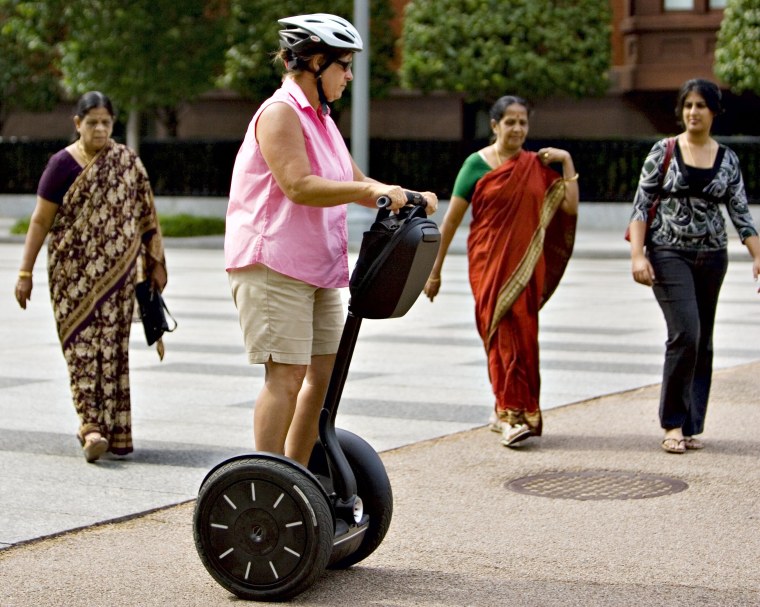Apple, take note: Great expectations can lead to big disappointments.
The Apple iPad, hitting stores April 3, is one of the most-hyped products in technology history. There is talk that it could revolutionize computing and media. But when it comes to new products, great expectations can doom products that don't measure up to them.
Apple's Steve Jobs is known for his wizardry in the new-gadget department, but if the iPad is a flop it won't be Apple's first bomb. Three decades ago the company introduced the Apple Newton and the MessagePad. The MessagePad was the precursor to the modern PDA and ran on Apple's Newton operating system. Both innovations were meant to make consumers' lives easier, but they were, in fact, too complicated for many to use with ease. Apple finally pulled the plug on them in 1998.
There are more misses than hits when it comes to new product launches. As many as 95 percent of new products introduced each year fail, according to Cincinnati research agency AcuPoll. That's true even when they are backed by big companies and attached to well-known brands. Ever heard of Parfum Bic, Pierre Cardin frying pans or Jack Daniel's mustard? These product blunders didn't last on shelves very long.
What causes a product to fail? Sometimes quality is an issue. Ford's Edsel, which rolled out in 1957, didn't live up to consumers' expectations. Drivers were promised a car like none they had seen before. They expected a vehicle that would surpass the quality of any other Ford offering.
Often the timing of a launch dooms a product. Time will tell if recession-wracked Americans are ready to shell out big bucks for 3-D televisions hitting stores this year from Samsung and other companies. "Sometimes first movers aren't the ones that become long-term winners," says John Winsor, cofounder and chief executive officer of Boulder, Colo., ad agency Victors & Spoils.
Some companies blunder by straying too far from their expertise. General Electric, RCA and Xerox all tried to sell computers over the years but weren't able to compete with IBM.
Others can't topple category leaders. Sony's Betamax video player held no weight against JVC's VHS format. And Microsoft's Zune music player isn't a threat to Apple's iPod.
Companies that try to stretch their brand too far often fail with new offerings that don't jibe with their image, says Zain Raj, chief executive officer of customer loyalty-marketers Euro RSCG Discovery. For instance, people associate Coors with beer, not water, which is one reason its 1990 foray into bottled water didn't work.
Sometimes products just don't live up to their hype. The Segway, which came out in 2001, was supposed to be a vehicle that would revolutionize transportation. Instead the two-wheeled, self-balancing scooter is perhaps best known as a shopping center patrol vehicle.
Click the link above for the biggest product plummets of all time, according to the marketing experts listed below.
Experts who weighed in on the flops:
- Allen Adamson, managing director , Landor Associates
- Michael Birkin, founder of brand consultancy Red Peak Group
- Matt Lindley, director of brand experience and innovation for SapientNitro
- Sharon Napier, CEO, ad agency Partners & Napier
- Zain Raj, CEO of Euro RSCG Discovery
- Al Ries, marketing consultant, Ries & Ries
- Toby Southgate, New York managing director, The Brand Union
- Jack Trout, marketing consultant, Trout and Partners
- John Winsor, cofounder and CEO, ad agency Victors & Spoils
